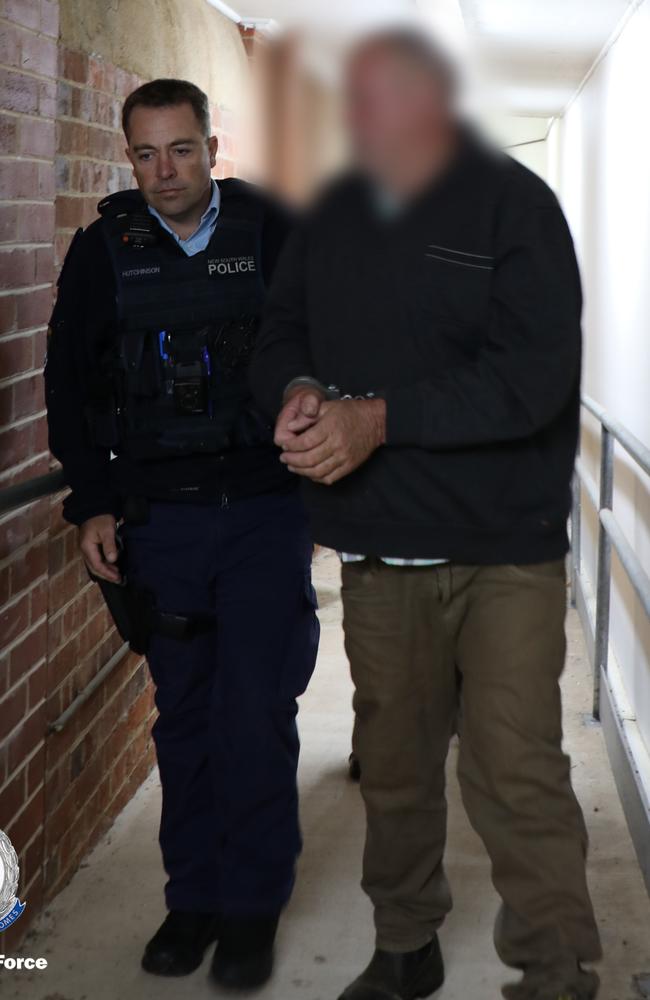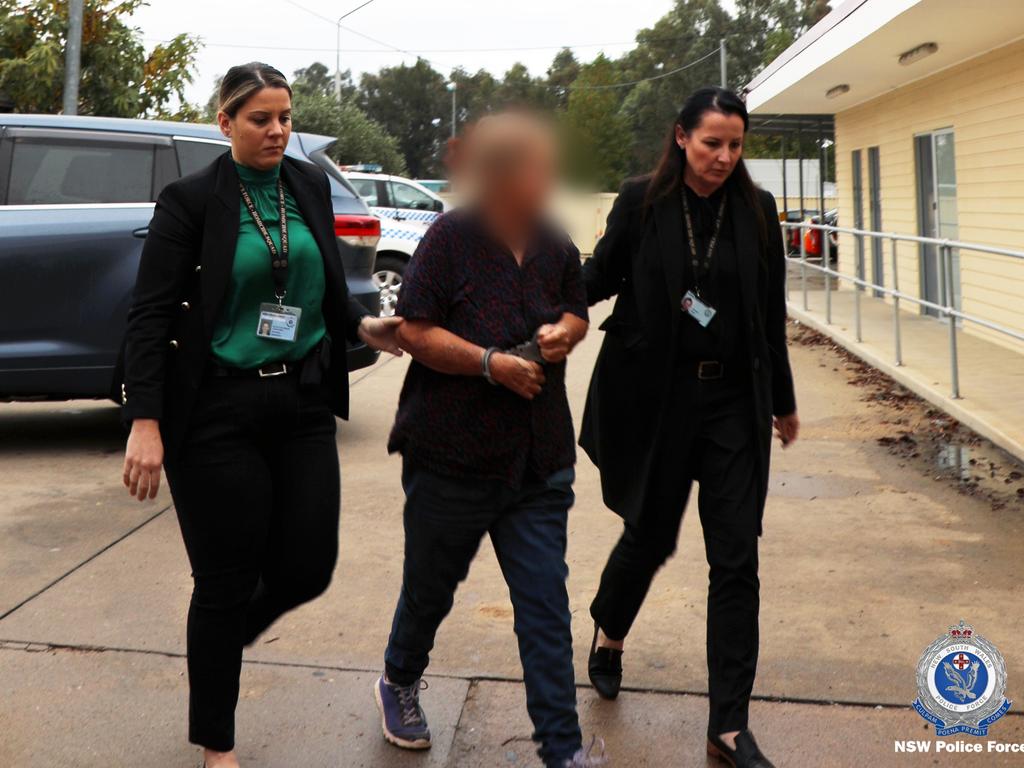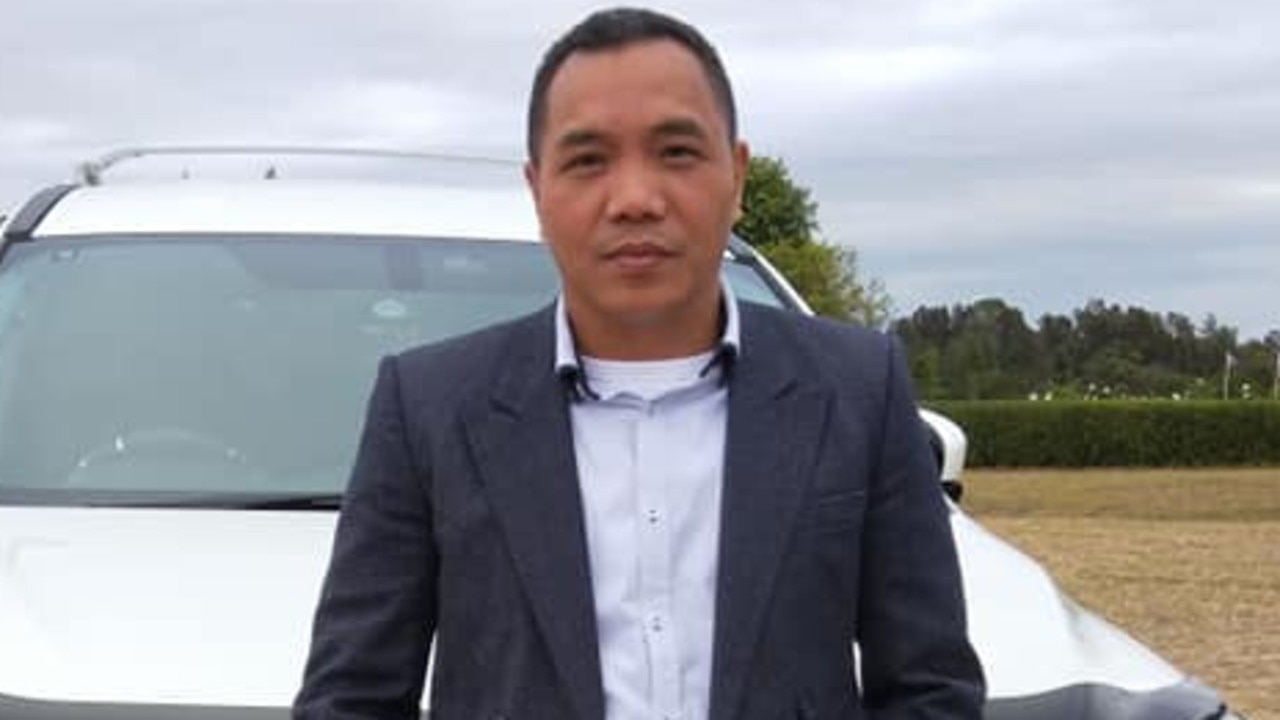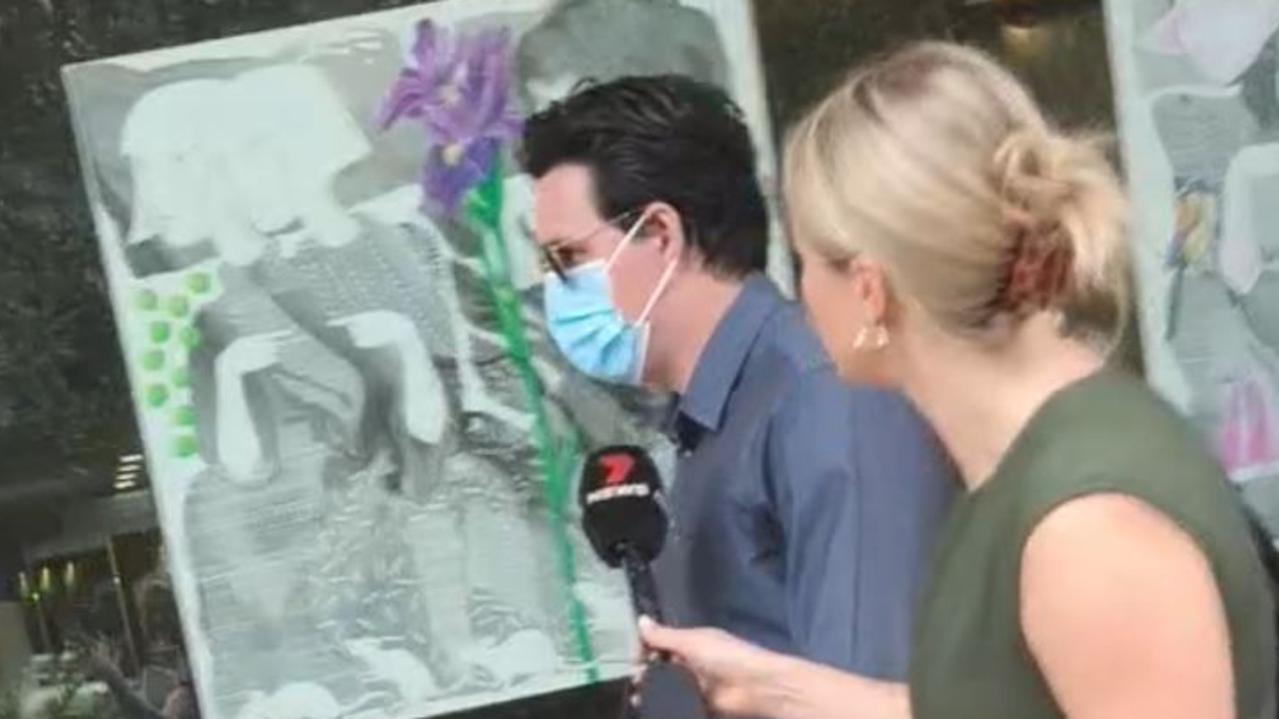Couple found not guilty of murdering teenage mum Amber Haigh
A couple has been acquitted of murdering a teenager 22 years ago after being accused of using her as a surrogate mother.

A couple has been acquitted of murdering teenager Amber Haigh in regional NSW, with a judge rejecting an allegation they killed the young mother in an attempt to take custody of a child.
Robert Samuel Geeves, 64, and Anne Margaret Geeves, 64, were on Monday found not guilty of murdering Ms Haigh, who disappeared while living at their Kingsvale property more than 20 years ago.
After a nearly eight-week Supreme Court trial earlier this year, Justice Julia Lonergan on Monday handed down her judgment, finding the Geeveses not guilty of murdering Ms Haigh.
Ms Haigh, 19, who had an intellectual disability and suffered from epilepsy, was living with the Geeveses at their Kingsvale property, near Young, when she disappeared in June 2002.
During the trial, the Crown prosecution alleged the couple killed Ms Haigh to gain custody of a young child.
Both pleaded not guilty to murder and the court was told that they claimed they last saw Ms Haigh when they dropped her off at Campbelltown train station on June 5, 2002.
According to their versions of events, they drove Ms Haigh to Sydney’s southwestern outskirts so she could then travel to western Sydney to visit her sick and dying father.

The court was told a $500 withdrawal was made at 8.49pm that evening at a Queen St ATM using Ms Haigh’s card.
“The account of this given by the accused is not inherently implausible and is supported by other independent evidence,” Justice Lonergan said.
“Both Robert and Anne were asked many questions about what occurred on the journey. Their accounts were consistent and consistently told.”
Justice Lonergan said Ms Haigh having previously taken a train to Sydney did not raise suspicions.
She also said Mr Geeves had called his boss, asking for a late start the following day before ultimately taking the day off.
And Justice Lonergan said that corroborated their late arrival back at Kingsvale.
The Crown prosecution alleged that the Geeveses controlled Ms Haigh’s spending and bank card use.
However Justice Lonergan said: “This is not made out on the evidence.”
“I have decided the version provided by the accused may be true,” Justice Lonergan said.
“In those circumstances I must acquit.
“For all these reasons the verdict I must enter in respect of both Robert Geeves and Anne Geeves is not guilty.”
Justice Lonergan said she found that Ms Haigh was dead, noting she had not filled her prescription for her epilepsy medication, nor had she seen a doctor.
However, she said it could not be found beyond a reasonable doubt that she was killed by the Geeveses.

The Geeveses reported Ms Haigh missing at Young Police Station on June 19, 2002.
Her body has never been found and she has never contacted family members.
The court was told that in 2001, Mr Geeves began having sex with Ms Haigh.
During the trial, Crown prosecutor Paul Kerr alleged the couple had killed Ms Haigh to gain custody of a child and did not take her to the train station.
The Crown prosecution alleged the Geeveses used Ms Haigh as a “surrogate”.
According to the Crown prosecution, Ms Geeves had “desperately wanted” another child, with the court hearing that she suffered three miscarriages and a stillbirth.
Ms Geeves’s barrister Michael King told the court that the community had long held suspicions about Mr Geeves.

The defence argued that police at the time couldn’t disprove that the Geeveses took the trip to Campbelltown.
As well, their defence pointed to no incriminating evidence being obtained after police placed listening devices inside the Geeveses’ home and car.
Ms Haigh’s disappearance has been an enduring mystery for the remote and close-knit community around Kingsvale, about two hours drive from Canberra.
Justice Lonergan said there was no evidence that either Anne or Robert Geeves had said to anyone that Amber was used as a “surrogate”.
“It is true the Geeveses provided Amber with assistance,” Justice Lonergan said.
“She was a disadvantaged young woman with poor family support … There was nothing sinister in their provision of assistance, and I decline to draw an inference that there was.”
She also declined to make a finding that the Geeveses had attempted to “isolate” Ms Haigh from her family.
She noted Ms Haigh had a tumultuous family life, that she was unwanted by her mother and her father was a “frightening, inconsistent and abusive feature in her life”.
“Amber went back and forth between places and people looking for love and solace,” Justice Lonergan said.
“She never found it. She was still looking for it when she disappeared.”
Robert and Anne Geeves were released from custody following the verdict.




